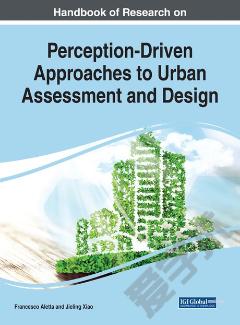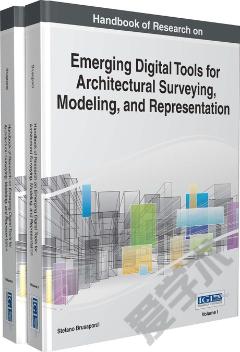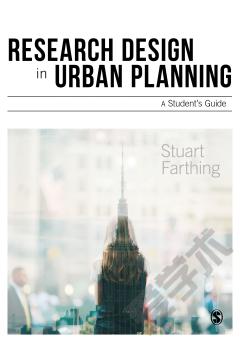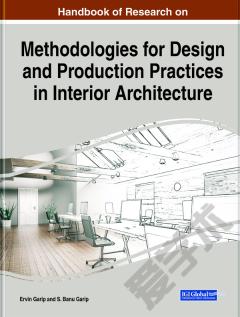Handbook of Research on Digital Research Methods and Architectural Tools in Urban Planning and Design
The efficient usage, investigation, and promotion of new methods, tools, and technologies within the field of architecture, particularly in urban planning and design, is becoming more critical as innovation holds the key to cities becoming smarter and ultimately more sustainable. In response to this need, strategies that can potentially yield more realistic results are continually being sought. The Handbook of Research on Digital Research Methods and Architectural Tools in Urban Planning and Design is a critical reference source that comprehensively covers the concepts and processes of more than 20 new methods in both planning and design in the field of architecture and aims to explain the ways for researchers to apply these methods in their works. Pairing innovative approaches alongside traditional research methods, the physical dimensions of traditional and new cities are addressed in addition to the non-physical aspects and applied models that are currently under development in new settlements such as sustainable cities, smart cities, creative cities, and intercultural cities. Featuring a wide range of topics such as built environment, urban morphology, and city information modeling, this book is essential for researchers, academicians, professionals, technology developers, architects, engineers, and policymakers.
{{comment.content}}








 京公网安备 11010802027623号
京公网安备 11010802027623号